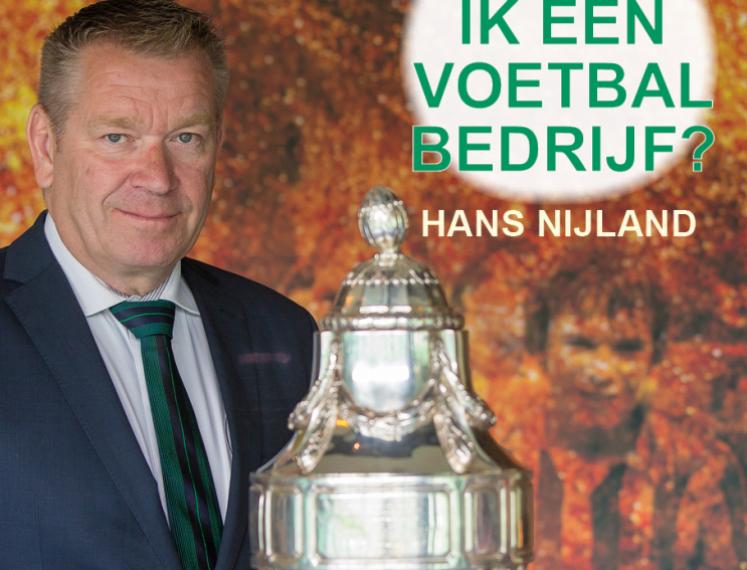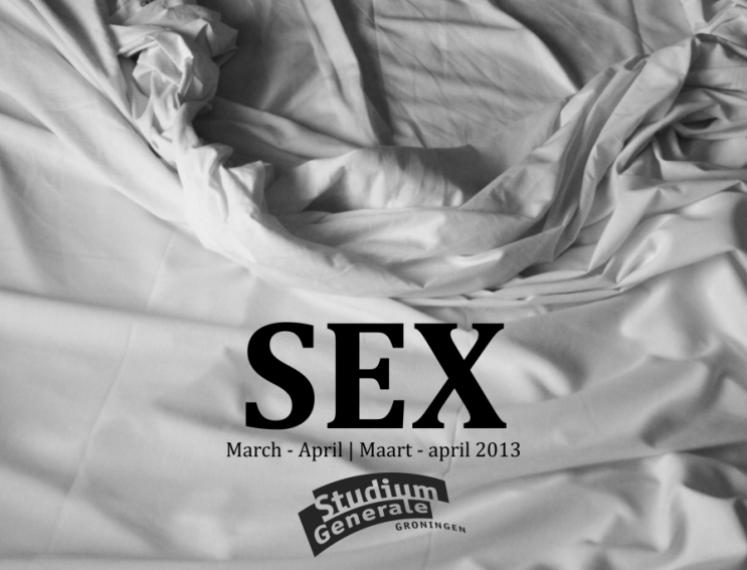Two Nights on Film
In an interview with writer and film expert Eric de Kuyper, Laura Mulvey will go into the meaning and development of film in the era of new media. In her work as well as in this interview, Laura Mulvey focuses on the audience. How do film viewers watch? What do they see? What do they experience? How did the medium develop and how did the process of watching change? Is there a link between changes in society on the one hand, and developments in cinema and how we watch films on the other?
There will be other film experts to join the conversation: Roger Odin, Dominique Chateau, Emile Poppe, Annie van den Oever and Ian Christie.
Laura Mulvey, from Birckbeck College London, is founder of the feminist approach in filmtheory. She is the author of one of the most famous essays in film theory, ‘Visual Pleasure and Narrative Cinema’. It deals with the origin of the secret pleasure to watch Hollywood classics, especially female film stars such as Marlene Dietrich and Gloria Swanson. Her new book is called Death 24x a Second: Stillness and the Moving Image (2006).
Towards a Philosophy of the Image
Prof.dr. Jarmo Valkola

Organized in co-operation with the section Finno-Ugric Languages and Cultures of the University of Groningen
Date: Monday 1 October 2007

Images seem to reveal their meaning at first sight. But, like the meaning of a text, the meaning of an image depends on perpective, time, context and position. Images in the Middle Ages - paintings or statues for example - had another meaning to their viewers than they have nowadays. The same is true for cinematic images. A movie made in Hollywood in the 1930ies, had another meaning than it has today. These changes also relate to the question of producing meanings inside the digital media. The increased versatility of digital and virtual images raises many questions concerning the cultural concept of photographic truth. The purpose of this lecture is to offer some conceptual frameworks for thinking about images, and especially cinematic images. In cinema, the perceptual, emotional and cognitive aspects are essential in understanding the nature of images. In Western philosophy, there have been very interesting and intense speculations on the meaning and understanding of images.
Jarmo Valkola is Doctor of Philosophy and lecturer in Film Theory at the University of Jyväskylä, and lecturer in Audiovisual Perception at the University of Lapland, Finland. He currently works for Tallinn University, Estonia, where he is Professor and Head of the Chair of Screenwriting and Film Science.
Organized in co-operation with the section Arts, Culture and Media of the University of Groningen


